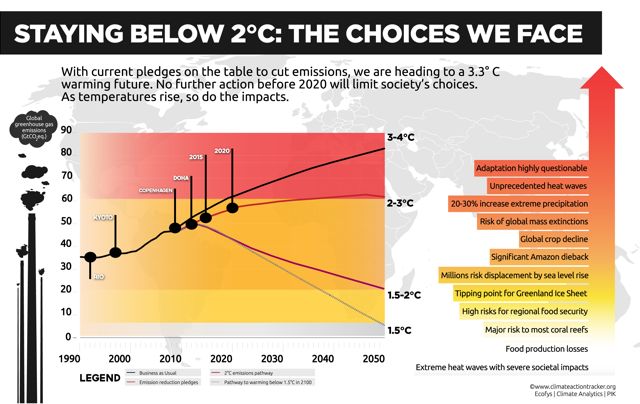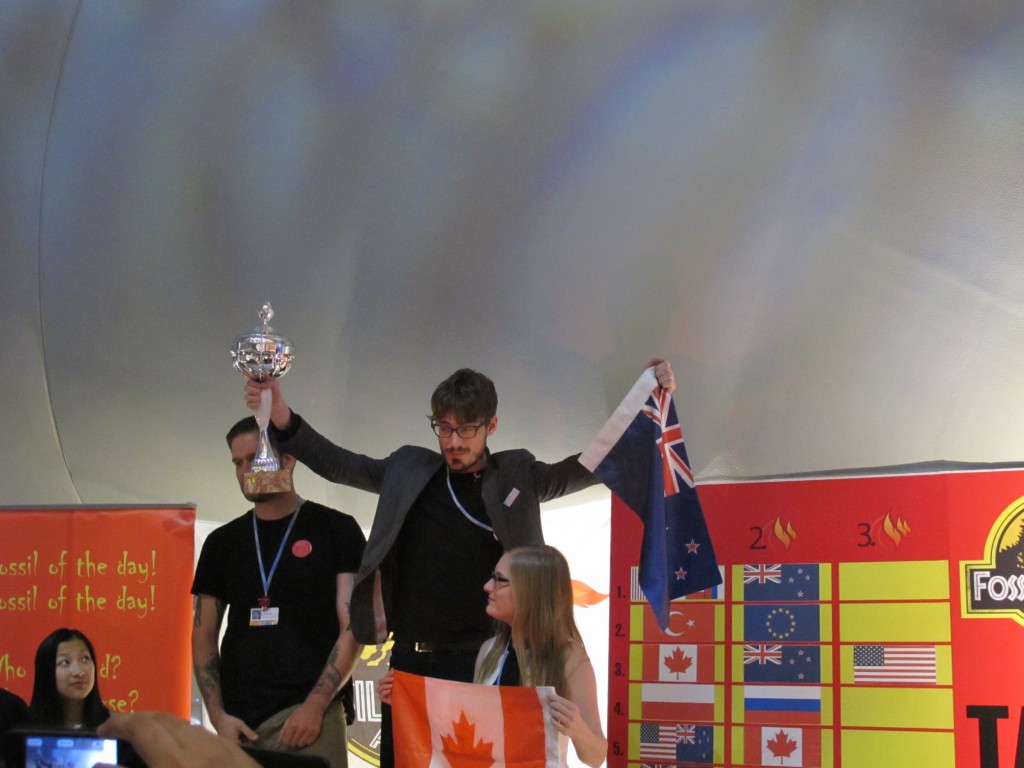 Gerry Brownlee, formerly a minister of energy and fossil fuel, and currently the Minister for Transport and for bulldozing democracy, heritage and social order in Christchurch, today announced that petrol duty will be increasing by 3 cents a litre annually for the next 3 years to fund new roads.
Gerry Brownlee, formerly a minister of energy and fossil fuel, and currently the Minister for Transport and for bulldozing democracy, heritage and social order in Christchurch, today announced that petrol duty will be increasing by 3 cents a litre annually for the next 3 years to fund new roads.
Specifically mentioned are the Rangiriri and Tamahere-Cambridge sections of the Waikato Expressway, the Mackays to Peka Peka section of the Wellington Northern Corridor and the four-laning of the Groynes to Sawyers Arms (Johns Road) section of the Western Corridor in Christchurch.
The reason given for this policy is that the funding is needed for the Roads of National Significance programme and some upper North Island transport projects. I guess that means more spaghetti motorway in Auckland.
This is crazy policy.
The first level of craziness of the petrol duty hike is that it will affect the benefit-cost analysis (BCA) of each Roads of National Significance (RONS) project. Projects like Transmission Gully Expressway, have already been justified to hearings before the Environment Protection Authority on very marginal benefit/cost ratios. Julie-Anne Genter of the Greens said the benefit/cost ratio of Transmission Gully was 0.6. The RONS don’t even break even in BCA terms.
Now with the added petrol duty, the marginal benefit/cost ratio would be even worse. However, I bet that won’t make Gerry Brownlee or Steven Joyce any less obsessed with them.
The second level of craziness with the petrol duty increase is the Government’s complete failure to understand carbon pricing (which is what a petrol duty is) and to anchor their transport, energy and infrastructure policy with effective carbon pricing.
I have no problem with the price of petrol or diesel increasing. Road transport has many externalities that are not priced. It is “elephant in the room” obvious that the most important unpriced externality of liquid fossil fuels is global warming. And not a lack of four-lane expressways.
“But we have an emissions trading scheme!” I hear some one say. “Surely, road transport fuels are included in the NZETS?”
Yes we sort of have an emissions trading scheme which includes liquid fossil fuels which sort of prices carbon. But NZ carbon prices have crashed 72% in 2012.
According to estimates by the Energy and Data part of Steven Joyce’s mega-ministry MoBIE, in the three months ended on 30 September 2012, the NZ emissions trading scheme probably accounted for 0.93 cents out of the regular petrol price of $2.09 per litre.
So we may describe New Zealand’s petrol pricing policy as having two mutually conflicting parts. The price includes a component for revenue gathering for unneeded four-lane RONS expressways (3 cents/litre). The price also includes a component for the NZETS carbon price (0.93 cents/litre).
And the four-lane expressways part exceeds the carbon-pricing ETS part by a factor of 3.
This is the complete opposite of effective carbon pricing. Brownlees’s petrol duty, to coin an expression, is an anti-carbon tax. What a shambles!

 It’s summer down south, and New Zealand’s politicians have embarked on their summer break. It’s summer in Waipara too, and with yesterday topping 30ºC and today heading in the same direction, your blogger has immediate climate concerns of an irrigation and vine management nature to attend to. So, with apologies for what may turn out to be less frequent posting over the next few weeks, here’s a quick round-up of stuff worth reading.
It’s summer down south, and New Zealand’s politicians have embarked on their summer break. It’s summer in Waipara too, and with yesterday topping 30ºC and today heading in the same direction, your blogger has immediate climate concerns of an irrigation and vine management nature to attend to. So, with apologies for what may turn out to be less frequent posting over the next few weeks, here’s a quick round-up of stuff worth reading.
 A select few politicians have the ability to make me (
A select few politicians have the ability to make me (
You must be logged in to post a comment.